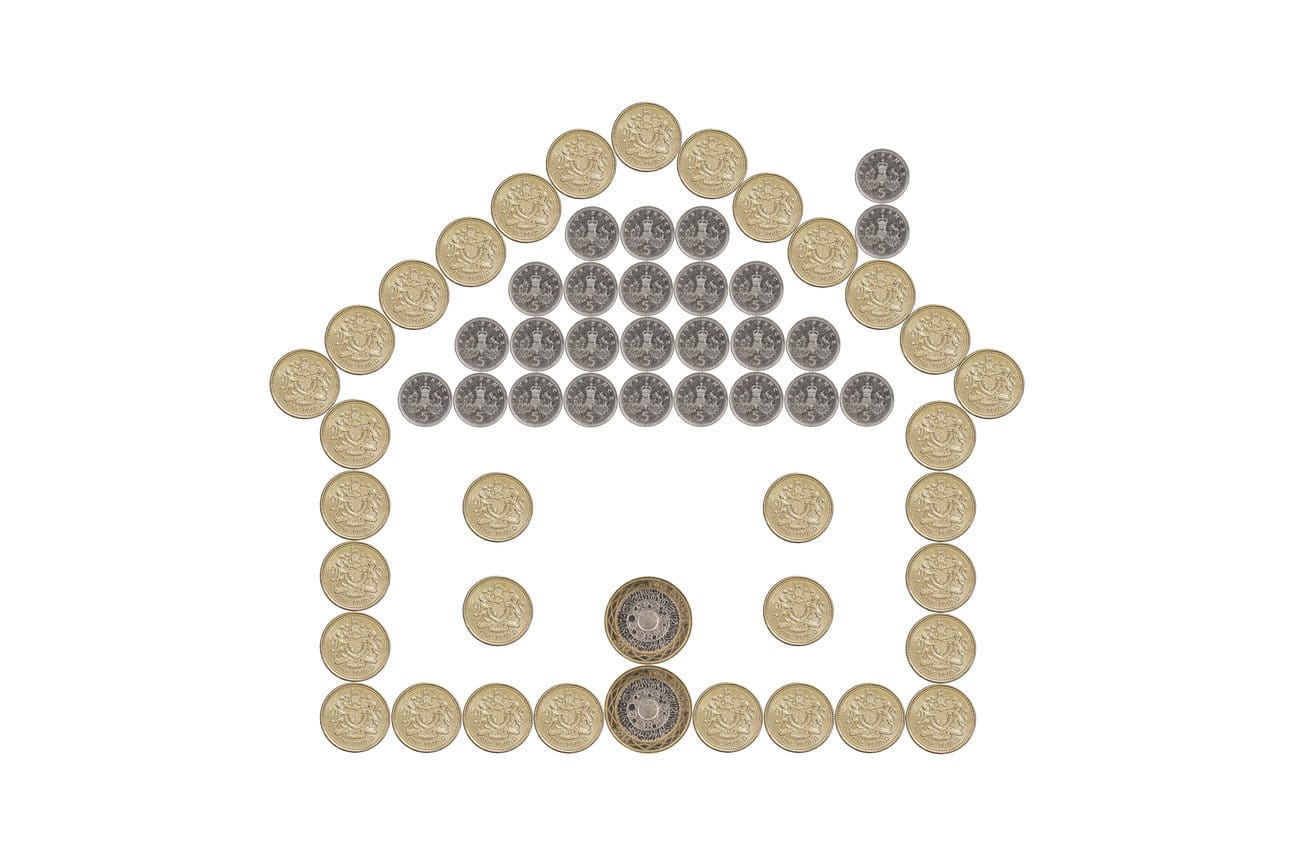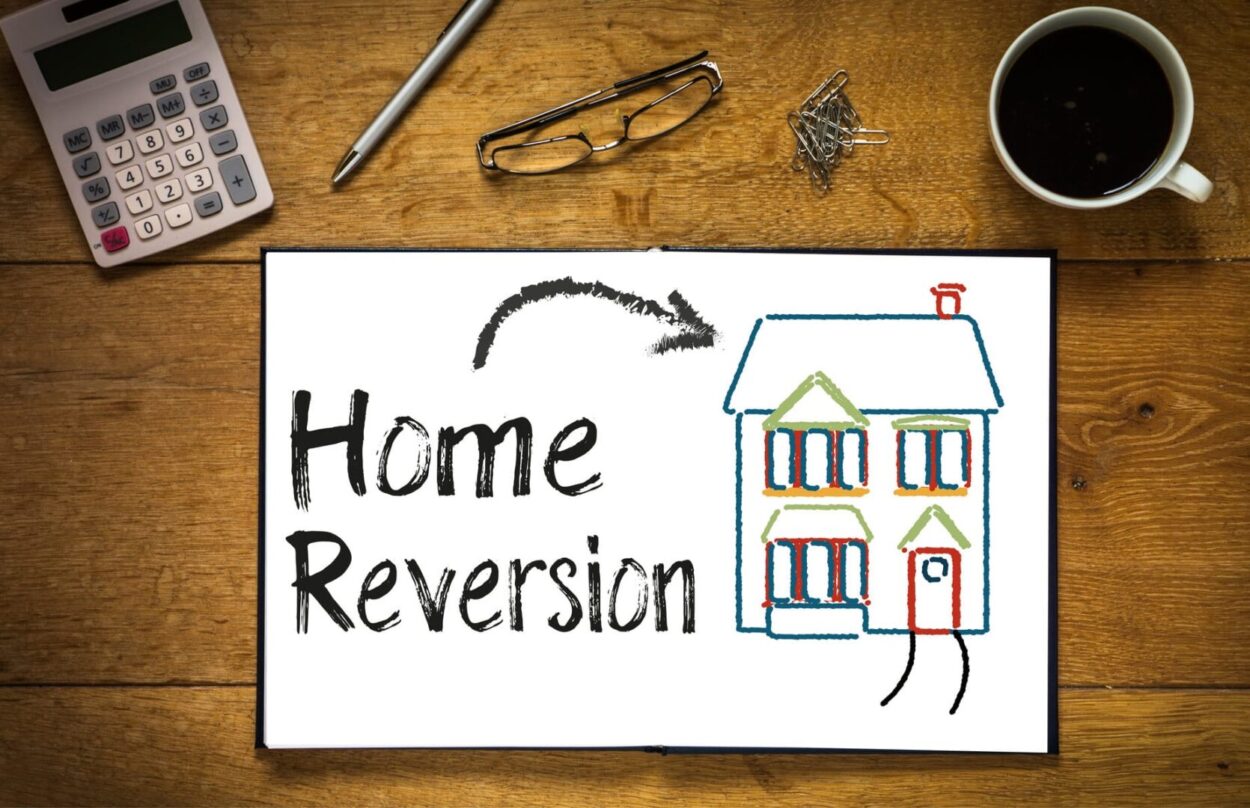Jasmine Birtles
Your money-making expert. Financial journalist, TV and radio personality.

There are many reasons for taking out equity release. Maybe you want to travel, or invest in new property, or help out adult children. Alternatively, you might want to free up some money to pay off existing debts.
Here, we’ll think about your options – and weight up some pros and cons if you decide to use this route to pay off debts, whether they’re your own or someone else’s.

First up, we need to get a clear idea of what this option is. In short, it’s the release of equity that had previously been tied up within your home. It’s a readjustment, which allows you to access cash that you weren’t able to before. There might be a lot of reasons to choose this route, some of which are mentioned above. There are also different ways to go about it and different products that you might choose (the most common, a lifetime mortgage, is discussed below).
Of course, if you’re using this option you need to remember that the money you free up will still need to be paid back at some point. In most cases, the remainder of your mortgage will be paid out of your estate when you die.
A lifetime mortgage is just one way to get equity release, although it is the most common. Unlike a mortgage that is set at 25 or 30 years, a lifetime mortgage lasts for the borrower’s entire life. It doesn’t have to be paid back until the borrower dies or moves into long-term care, although some people choose to make repayments to avoid the interest building up. This means that more equity is available for the borrower, as they are not paying off the mortgage whilst they are alive. When the last borrower dies, the property is sold to pay off the remainder of the mortgage.
If you choose to make interest repayments on your lifetime mortgage, this leaves more equity in your estate for your beneficiaries when you die. It’s also worth noting that you need to look for a “no negative equity guarantee” before you sign any agreements. This means that, if your property reduces in value, your beneficiaries won’t have to pay any extra on your loan. Any outstanding difference of the loss between the original valuation of your home and how much it actually sells for is written off.
You don’t need to own your home outright to apply. You can go for this option if you still have a mortgage. It stands to reason, though, that the more of your property you own the more equity you can release – i.e., the more money you’ll be able to get your hands on.
Are there limits on who can apply for equity release? The short answer is yes, but it’s pretty likely that, if you’re looking at this option, you will fulfil the criteria.
To qualify you must:
Of course, different lenders will have different qualifications. They may look into the type of property you have, for example. But your age and the value of the property are the base things that will be looked at when you’re making an equity release application. Click here for more information.
You need to be aware that this option is likely to lessen the inheritance that you can give your children. This is because the property will need to be sold in order to pay off the amount that was released, meaning that they won’t inherit it. Of course, any other money within your estate will still go to your beneficiaries, as will any extra money from the sale of the home.

If you don’t want to leave your property to your children or beneficiaries, you could also consider a home reversion plan. This isn’t for everyone so always speak to an equity release advisor before deciding. Home reversion is where you sell your home but you’re allowed to stay in it for the rest of your life. You get a lump sum or a drawdown regular income from the sale, and once you die the property belongs to the loan provider. If they sell and make a profit, they keep the profit – it doesn’t go back into your estate.
If you’re in debt, releasing equity in this way can offer monthly respite and a way to start making repayments without having to sell your home or make huge adjustments to your lifestyle. This can of course offer a sense of relief, and can get you on track in paying off your debts in an organised manner.
One of the key benefits of a lifetime mortgage is that interest rates are often either set or cannot rise above a preset level, meaning you know exactly what you’re going to be paying back.
Maybe you’re considering using the lump sum to pay off your children’s debts. If this is the case, you may want to look into the gifting rules and how much you can transfer in a year without it having inheritance tax implications. Money Magpie has an article all about it.
You need to weigh up the cost of your equity release against the cost of your existing debt. Obviously, if this option is going to cost you more in the long term is unlikely to be the best idea for you. You need to look into the provider’s costs, any legal fees, and potentially for your property to be valued.
Obviously, equity release means that you’ll own less of your home than you would if you’d chosen not to go down this route. Owning less of your home means that you will pay off your mortgage at a slower rate. It also means you will potentially have less inheritance to pass on to your children, as we’ve already discussed. It’s up to you to weigh up whether this is worth it, if it means you can pay your debt off more quickly.
Check that any lump sum raised affects your means-tested benefits. If this is the case, you need to be sure that you’re going to have enough money to live. If not, you could end up falling further into debt. This is, of course, the last thing that you want.
Have you paid off your debts through equity release? We’d love to hear about how you did it. Let us know over on the forums.

A very useful article.
Can be a tough decision to make so all advice is appreciated.